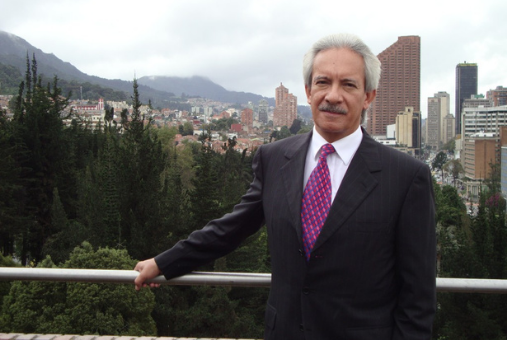
The director of former newspaper elPeriódico faces multiple criminal charges in cases international and national organizations criticize as flawed and politically motivated.
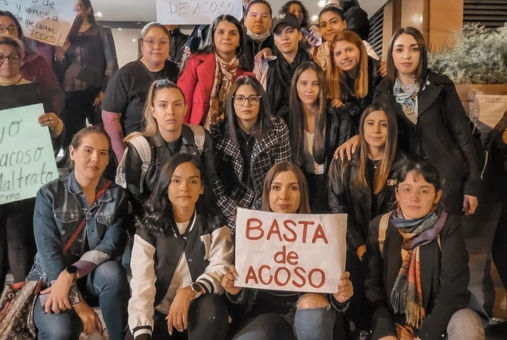
Three recent decisions tied to one media conglomerate uphold claims from women forced out after reporting sexual misconduct, underscoring the pervasiveness of newsroom harassment and the cost of defiance.
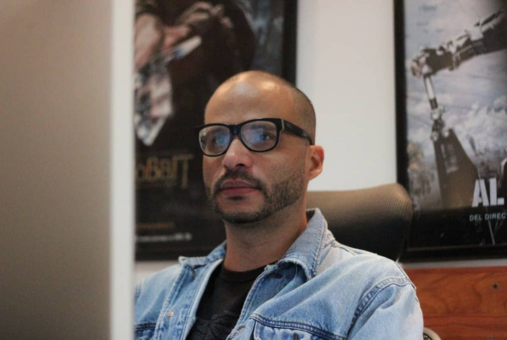
Rory Branker, an editor at online outlet La Patilla, has been detained for nearly a year, transferred without notice and never brought before court. He is among at least five press workers still held.

As Venezuela enters an unpredictable new period, reporters covering events on the ground face detention, seizures of equipment and pressure to erase their work.
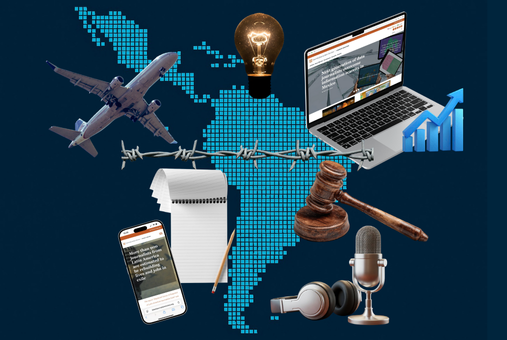
Journalists across Latin America face mounting pressure but persist. This year’s top stories show reporters forced into exile, resisting authoritarian smears, teaching media literacy and exposing multimillion-dollar fraud.
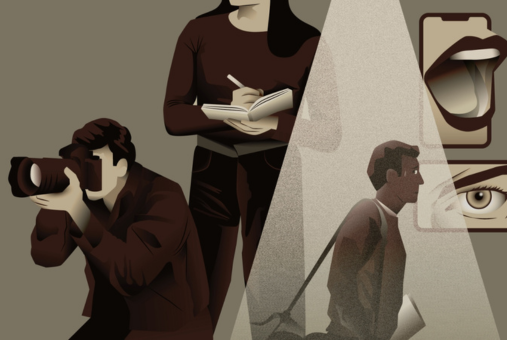
During a recent webinar, journalists and scholars from northern Central America describe the threats and violence they face at home. For some, it’s led to exile, but not to giving up.
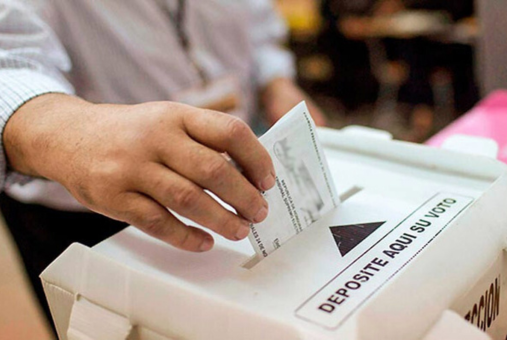
With the military casting suspicion on the press and pushing to unmask sources, local journalists are turning to one another — and to bulletproof vests — to ensure they can cover their country’s elections.
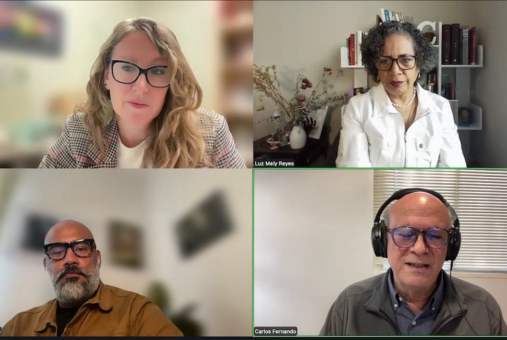
The founders of Revista Factum, Efecto Cocuyo and Confidencial continue to document their governments’ repression. In a Knight Center panel, they explain why continuing their work from abroad is essential.
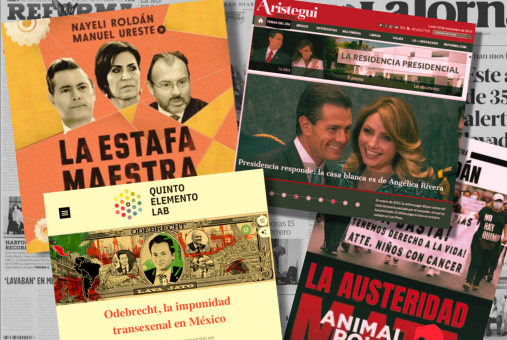
Historian Andrew Paxman’s new book traces the evolution of Mexico’s critical press — from its emergence in the 1990s to the political, criminal and financial pressures that now threaten it.
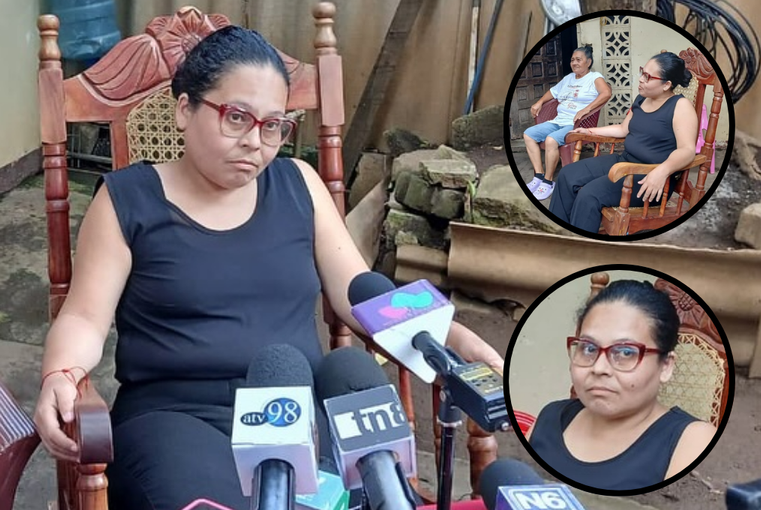
Fabiola Tercero appeared before pro-government media saying she’d never left home. Press groups fear it’s a staged “proof of life” meant to deflect attention from the Ortega-Murillo regime’s abuses.
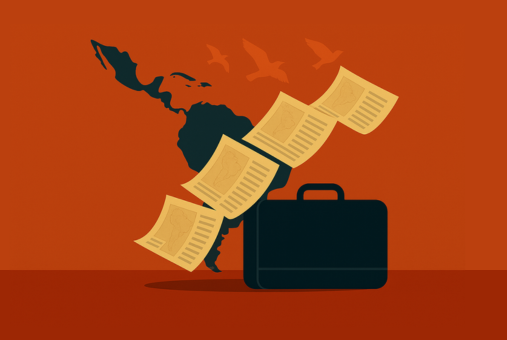
As repression and job insecurity drives reporters from their countries, founders of three independent outlets will discuss practicing journalism in exile during a free online event.
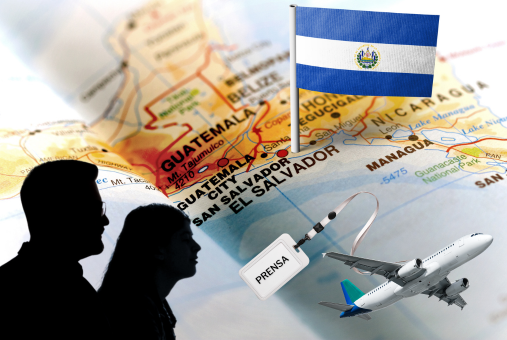
The Salvadoran Journalists Association says it can no longer report attacks on freedom of expression from within the country, citing a law that "criminalizes" them and restricts foreign funding.